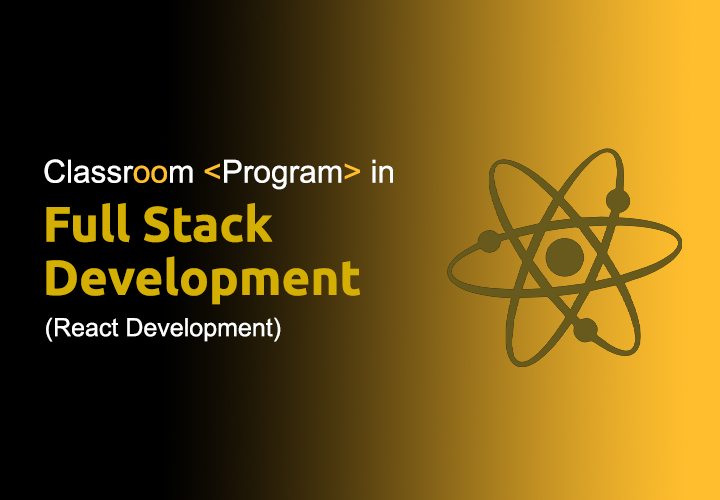About this course
The React Development course at Mellow Academy is a comprehensive program designed to equip students with the skills and knowledge needed to build modern, dynamic web applications using React, one of the most popular JavaScript libraries in the industry. This course is structured to guide students from the foundational concepts of React to advanced topics, enabling them to develop efficient, scalable, and maintainable applications.

Course Overview:
React Fundamentals: The course begins with an in-depth exploration of React's core concepts, including Components, JSX, State, and Props. Students will learn how to build reusable components and manage data flow in their applications. This module lays a solid foundation by teaching how to structure and style web applications using React.
Advanced React: As students progress, the course delves into more complex topics such as state management with Redux, the Context API, and creating custom hooks. The focus is on optimizing performance using techniques like memoization, `useMemo`, and `useCallback`. Additionally, students will gain hands-on experience with testing their applications using Jest and React Testing Library, ensuring their code is robust and reliable.
React Router: The course also covers routing in React, enabling students to build multi-page applications with dynamic and nested routes. Students will learn how to implement protected routes and manage user authentication and authorization, essential for creating secure applications.
Key Highlights:
1. Practical, Hands-On Learning: The course is project-driven, with each module culminating in a hands-on project that allows students to apply what they've learned. By the end of the course, students will have a portfolio of real-world applications showcasing their skills.
2. Industry-Relevant Skills: The curriculum is designed to meet the demands of the tech industry. Students will learn best practices, performance optimization techniques, and testing methodologies that are crucial for modern web development.
3. Experienced Instructors: Our instructors are industry experts with extensive experience in React and frontend development. They provide personalized guidance and insights into the latest trends and technologies.
4. Flexible Learning Options: The course is available in both online and offline formats, catering to different learning preferences. Students can choose the mode that best fits their schedule and learning style.
5. Comprehensive Final Project: The course concludes with a final project that integrates all the concepts covered throughout the course. This project is an opportunity for students to demonstrate their mastery of React and to create a fully functional, feature-rich web application.
who can join this full stack MERN course:
This course is ideal for beginners with basic programming knowledge who are looking to specialize in frontend development, as well as professionals seeking to enhance their skills in React. It’s also suitable for anyone aspiring to build a career in web development and looking to gain hands-on experience with one of the most sought-after technologies in the industry.
Learning Outcomes:
By the end of the React Development course, students will:
- Have a deep understanding of React's core concepts and advanced features.
- Be able to build responsive, dynamic, and interactive web applications.
- Know how to manage application state using Redux and Context API.
- Be proficient in optimizing application performance and writing tests for React components.
- Be capable of implementing client-side routing and creating secure applications with protected routes.
This course is your gateway to mastering React and becoming a proficient front-end developer, ready to tackle the challenges of the modern tech industry.
FAQ
Comments (0)
Understanding React's core concepts and the virtual DOM.
Learning how JSX differs from HTML and how it integrates JavaScript.
Writing functional and class-based components.
Building a simple static webpage using React components and JSX.
Understanding parent-child relationships in React.
How to pass and access data between components.
Differences and best practices.
Creating a reusable component library with props.
How state works in React components.
Managing state changes and re-renders
Sharing state between components.
Building an interactive application that uses state to track user input.
Introduction to mounting, updating, and unmounting phases.
Understanding componentDidMount, componentDidUpdate, componentWillUnmount, etc.
Efficient use of lifecycle methods for performance optimization.
Techniques for rendering components based on conditions.
Using .map() to render arrays of data.
Importance and use of keys in lists.
Adding interactivity with event handlers.
Managing form inputs with React state.
Implementing basic validation techniques.
Understanding the Redux architecture and core principles.
Creating actions and reducers for state management.
Using react-redux for integrating Redux with React components.
Using Context for prop drilling alternatives.
When to use Context vs. Redux.
Understanding the power of hooks in React.
Building reusable hooks for logic abstraction.
Using React.memo for optimizing component renders.
Preventing unnecessary re-renders and recalculations.
Analyzing and optimizing performance with DevTools.
Importance of testing in React development.
Setting up and using testing tools.
Writing tests for components, hooks, and Redux.
Basics of client-side routing with React Router.
Creating and managing routes in a React application.
Using Link and NavLink for navigation.
Passing and accessing dynamic parameters in routes.
Structuring nested routes for complex applications.
Handling redirects and protecting routes.
Implementing protected routes in a React application.
Managing user roles and permissions with routing.



.jpeg)
.jpeg)



